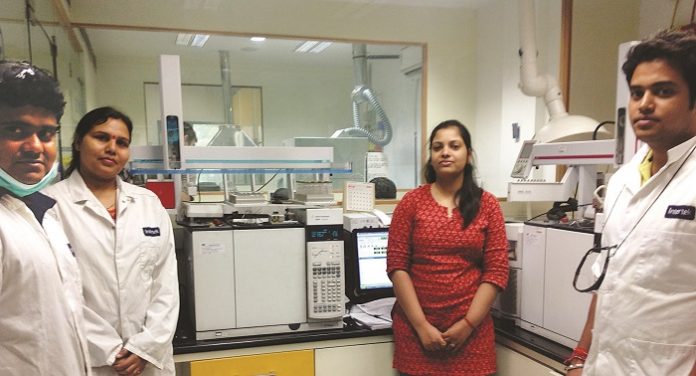
India is the second largest producer and consumer of fresh food in the world. Its processed food consumption lags behind most developed and developing nations, due to lack of processing plants. In addition, processed food in India is a luxury and almost an affectation of the elite since it is more expensive than fresh food and there is widespread and year round availability of fresh produce.
Nevertheless, change is afoot as foreign direct investment is now finding its way into the food sector. Cold chains have already started affecting the reach and availability of fresh fruit, vegetables and meat products across the country. Once seasonal vegetables are now available round the year. Those produced in colder climates and the hills like capsicum or broccoli as well as a variety of over two dozen herbs like spinach from the Indo Gangetic plains are now available in various locations of the country including South and Central India.
The consumption and proliferation of processed and semi-processed food has increased rapidly in the last decade. Now available in multiple categories such as raw produce with limited shelf life, dehydrated and ready-to-cook varieties that can be preserved for months and also fully processed ready-to-eat varieties with at times even longer durability. The safety norms, testing and certification for each type of food vary. Packaging South Asia visited Intertek, a global testing and certification giant with a presence in over 100 countries and a legacy going back to 1885 when Milton Hersey, Thomas Alva Edison and Caleb Brett introduced the concept of independent test laboratories for certifying GE products.
22 test labs across India
Intertek has over 22 testing labs across India offering a wide range of safety, quality, inspection, testing, auditing and certification services. It also provides advisory, training, standard development and out sourcing services covering15 verticals from aerospace to automotive, energy to IT and telecom, and food and agriculture to medicine and pharma. With a strong presence in Delhi NCR, Kolkata, Orissa, Gujarat, Mumbai, Bengaluru, Hyderabad and Chennai, it provides a key technology link for Indian exporters to get their goods certified.

“We have a presence in India since the nineties. At the food division set up in 2010, we are doing both chemical testing as well as micro-biological testing,” says Nisha Agarwal technical manager, testing and analytics of the food division of Intertek at Gurgaon. In chemical testing, Intertek has an instrumental section where it handles residual pesticide and heavy metal testing. The wet chemicals section tests packaged food and performs migration studies as per global compliance standards. The standards include those of its customers’ markets and normally include Indian, British, EU, UAE and FDA standards. “Since the UAE does not have a food testing lab, we do the testing as per their needs,” says Agarwal.
Ensuring food grade packaging
Intertek’s headquarters for the Indian subcontinent in New Delhi covers India, Bangladesh, Sri Lanka, Mauritius and Madagascar. Intertek’s Gurgaon food processing lab is a regional centre of excellence handling samples from five nations and their territories. It performs migration studies of the long term effects of plastics and other packaging material in contact with processed foods in various conditions including ambient and refrigerated conditions. It also undertakes shelf life testing of food products like the food safety labs across the country. It provides traceability implementation of impurities to maintain batch integrity, and also leachabilty tests to ensure packaging integrity. In short, it ensures that packaging is food grade and safe in the long term for consumption.
Intertek’s consumer goods and retail division tests packaging for strength, load, tensile and performs vibration testing of fully packed goods during handling and transportation. It also performs a random displacement test simulating road conditions to ensure product safety during transport. All tests are based on customer requirements with charges from `5,000 upwards. The Delhi-based certification division issues certifications based on international norms. “Since most domestic and export consignments have mandatory testing, Intertek’s presence in India has become significant,” says Madhumita Guha, Intertek’s business development and marketing head for the subcontinent.










